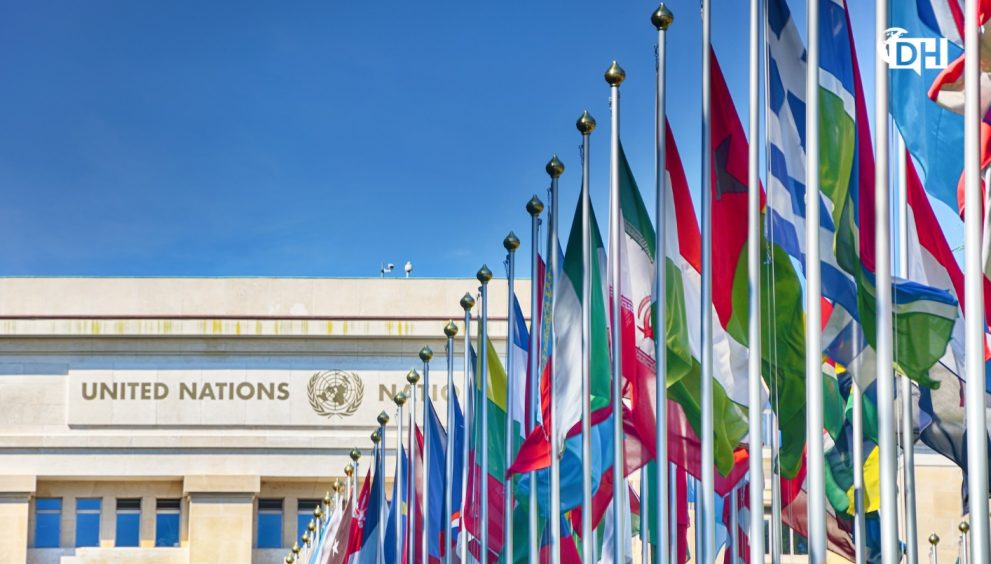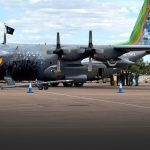In a historic step toward fostering global inclusivity and cultural understanding, the United Nations linguistics has officially expanded the language scope of its General Assembly documents by including Urdu and 27 additional languages. This initiative, presented as part of the UN’s continued commitment to multilingualism, ensures that crucial international agreements are more accessible to people worldwide.
The six official languages of the United Nations General Assembly were Arabic, Chinese, English, French, Russian, and Spanish. However, this translation effort was expanded to include many more native languages under the direction of H.E. Dennis Francis, the current President of the General Assembly, enabling over 3.5 billion people to access official content in their mother tongues.
An important turning point in this effort was the translation of the “Pact for the Future,” a crucial document centered on inclusive and participatory global governance. Raees Warsi, the President of Urdu Markaz New York, formally presented President Dennis Francis with the Urdu version of this agreement. With its Permanent Mission to the UN working closely with Urdu Markaz to create versions in Sindhi and Urdu, Pakistan was instrumental in the translation process.
To honor the member states and institutions participating in the multilingual translation project, a special event was hosted on July 17 at the United Nations Headquarters in New York. Raees Warsi and Usman Jadoon, Pakistan’s Deputy Permanent Representative to the UN, co-presented the Urdu translation during the event.
The move is part of President Francis’s broader vision to institutionalize multilingualism at the UN. He has set up a dedicated task force to promote language diversity and implemented a comprehensive plan to increase linguistic inclusivity during the UN General Assembly’s 79th session.
Representatives and diplomats from various nations – including India, Vietnam, Ukraine, Bangladesh, and members of the European Union – attended the event, showing international solidarity in the pursuit of linguistic inclusion.
By embracing languages like Urdu, the United Nations takes a significant step toward breaking down communication barriers, ensuring wider participation in global discussions, and reinforcing the principle that language should not be a limitation in diplomacy or governance.
This development not only enhances transparency in international affairs but also validates the linguistic identities of millions. It marks a new era of engagement, where more communities around the world can connect with the ideals and actions of the United Nations in their own language.







